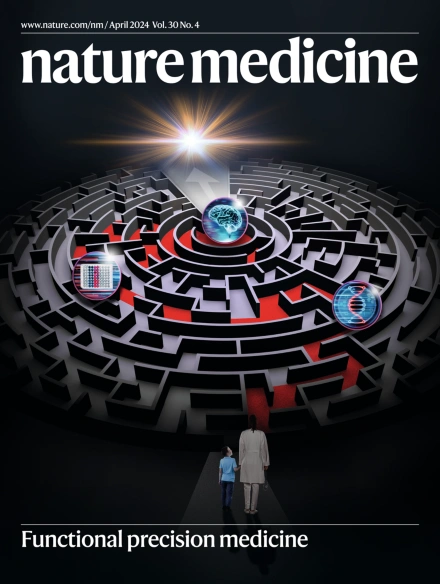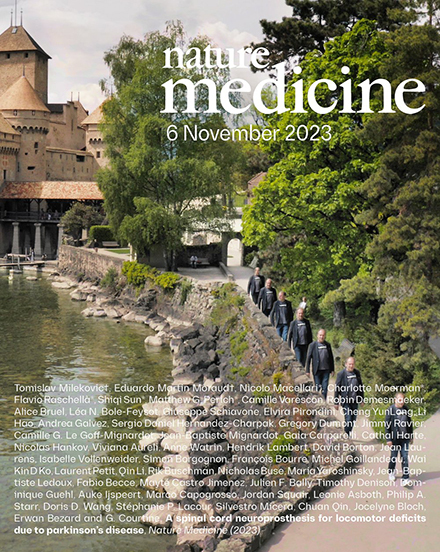
Parkinson’s Disease
Creating therapies to restore movement, function, and independence.
Discover our Therapy
ARC Therapy is targeted, programmed stimulation of the spinal cord designed to restore movement, function, and independence after spinal cord injury (SCI).
In addition to restoring movement after SCI, ARC Therapy has the potential to help those living with Parkinson’s disease address movement challenges, such as freezing of gait. We also plan to investigate the potential for ARC Therapy to help people who have suffered a stroke.
“I turn on the stimulation in the morning and turn it off in the evening. It allows me to walk better, to stabilize myself. Every Sunday I go to the lake, and I walk about six kilometers. It’s awesome.”
Marc
ARCIM Parkinson’s disease study participant
ARC Therapy Evidence
Increasingly robust
evidence and visibility to
clinical outcomes across
multiple indications
Read our Publications
Please complete this form to
contact us or receive updates
The ONWARD® Medical ARCEX® System is FDA cleared for use in the United States and CE marked in accordance with EU Medical Device Regulation 2017/745. ONWARD ARCIM® and ARCBCI™, alone or in combination with a brain-computer interface (BCI), are investigational and not available for commercial use.
*Indication for Use (US): The ARCEX® System is intended to deliver programmed transcutaneous electrical spinal cord stimulation in conjunction with functional task practice in the clinic and with take-home exercises in the home to improve hand sensation and strength in individuals between 18 and 75 years old that present with a chronic, non-progressive neurological deficit resulting from an incomplete spinal cord injury (C2-C8 inclusive). The ARC-EX System is intended to be operated in medical centers by Rehabilitation Professionals and at home by Patients and Persons Providing Assistance to the Patient as needed.
*Indication for Use (EU): The ARCEX® System is intended to deliver programmed, transcutaneous electrical spinal cord stimulation in conjunction with functional task practice in the clinic and with take-home exercises in the home to improve hand sensation and strength in individuals between 18 and 75 years old that present with a chronic, non-progressive neurological deficit resulting from an incomplete spinal cord injury (C2-C8 inclusive).


